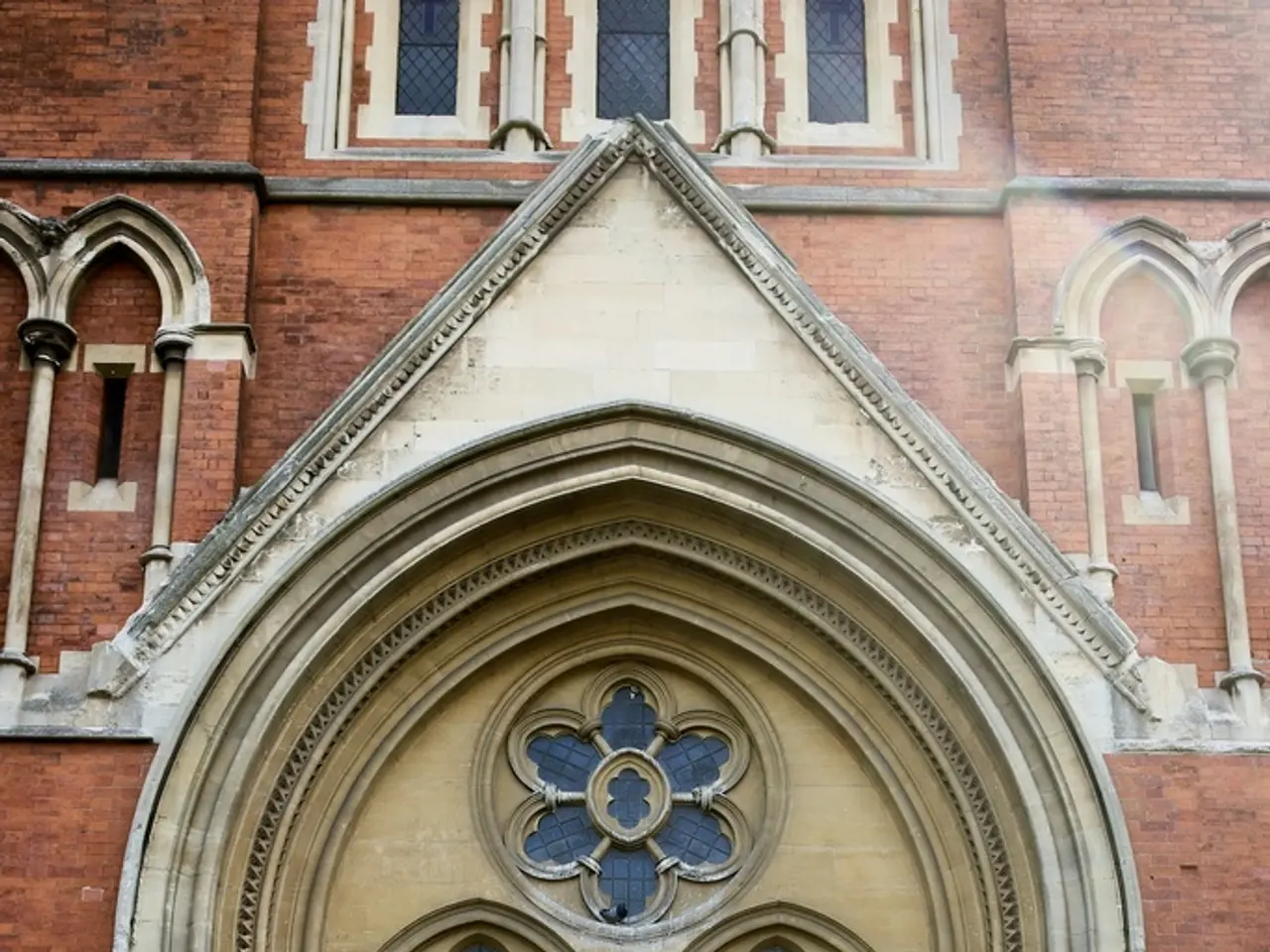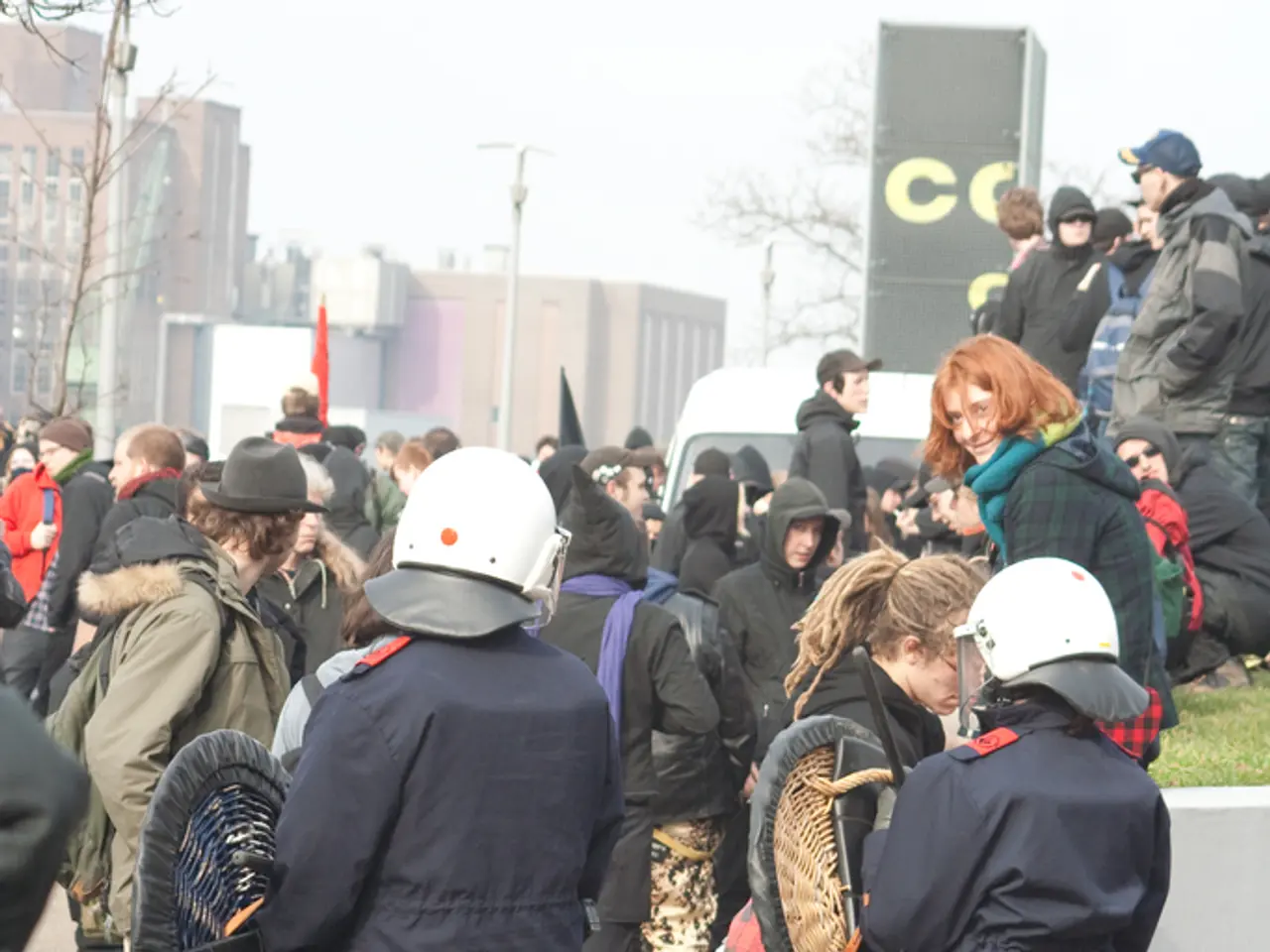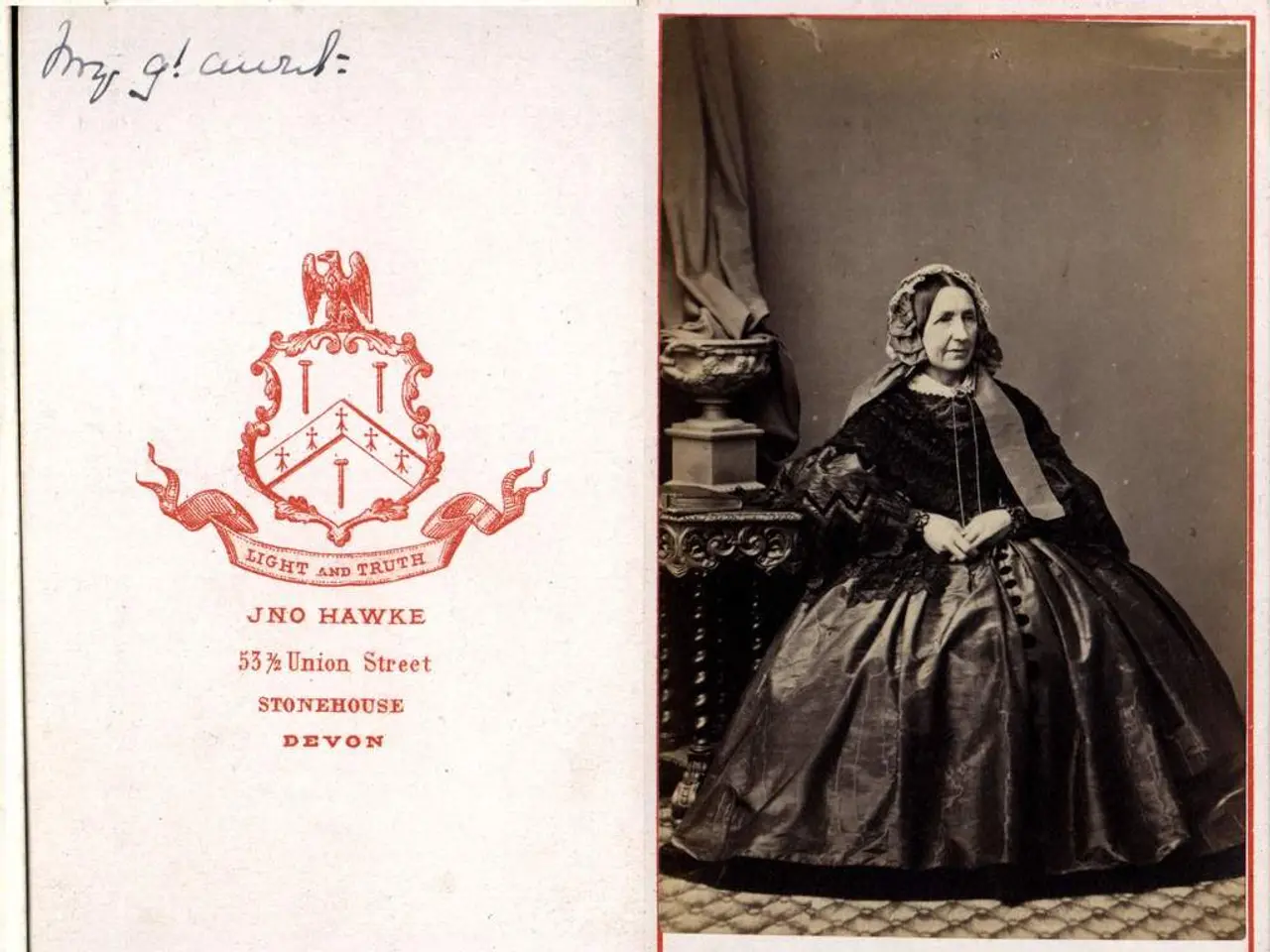Law enforcement detains Afghans near a Berlin church.
In a significant turn of events, an Afghan asylum seeker identified as H. was arrested by the Berlin police on Monday after seeking church asylum in the Holy Trinity Church. This marks the first known instance of an asylum seeker being forcibly returned to Sweden after seeking sanctuary in a Berlin church.
H. had been living with two other Afghan asylum seekers from Hamburg in a six-bed room under the church nave for an undisclosed period. Despite previous instances of asylum seekers fleeing to Berlin churches for asylum, the current case is unprecedented.
Prior to his arrest, H. had been handed over to Swedish authorities by Hamburg authorities on Thursday, following a brief period of immigration detention. Upon arrival in Sweden, he was given a five-year entry ban. Despite being told to return to Sweden on February 7, 2025, H. fled to Berlin to seek church asylum.
The trick of seeking church asylum in Berlin worked for H.'s fellow countryman Golam A. (54), who is now living in Hamburg again after his Dublin deadline expired on July 10th. However, H.'s case has sparked controversy, with Hamburg's First Mayor, Peter Tschentscher, sending a three-page angry letter on July 15th criticizing "systematic abuse of church asylum."
Tschentscher criticized the cooperation between church communities and the Berlin police, stating it prevents the enforcement of law and order, with exceptions for individual cases. Hamburg will hand over Afghan asylum seekers to Sweden according to the Dublin regulations within the first six months.
The arrest and deportation of H. come amidst a broader context of stricter asylum and return policies in Germany. The German government, led by Interior Minister Alexander Dobrindt, is pushing for stricter border controls and deportations, which affects Afghan asylum seekers broadly.
German churches, however, advocate for more protective measures and criticize proposals that suspend family reunification or place vulnerable refugees at risk. Churches in Germany have been providing support to asylum seekers, emphasizing humanitarian support and family unity. They view family reunification as essential for integration.
Despite the arrest and deportation of H., it is unclear how this incident will impact the practice of seeking church asylum in Germany. No publicly available sources provide a detailed procedural manual specifically on church asylum combined with Dublin transfers. However, general practice adheres to German asylum law, humanitarian considerations raised by churches, and EU Dublin policies.
The case of Morteza H. serves as a reminder of the ongoing tension between stricter asylum policies and humanitarian concerns in Germany. As the situation develops, it is expected that the debate on church asylum and its implications for asylum seekers will continue to be a topic of discussion.
- The politics surrounding church asylum in Germany are heating up, with Hamburg's First Mayor, Peter Tschentscher, criticizing the Berlin police and church communities for preventing the enforcement of law and order in cases involving Afghan asylum seekers.
- The general-news of Morteza H.'s arrest and deportation from Berlin to Sweden after seeking church asylum has sparked controversy, particularly in the context of crime-and-justice, highlighting the ongoing tension between stricter asylum policies and humanitarian concerns.







